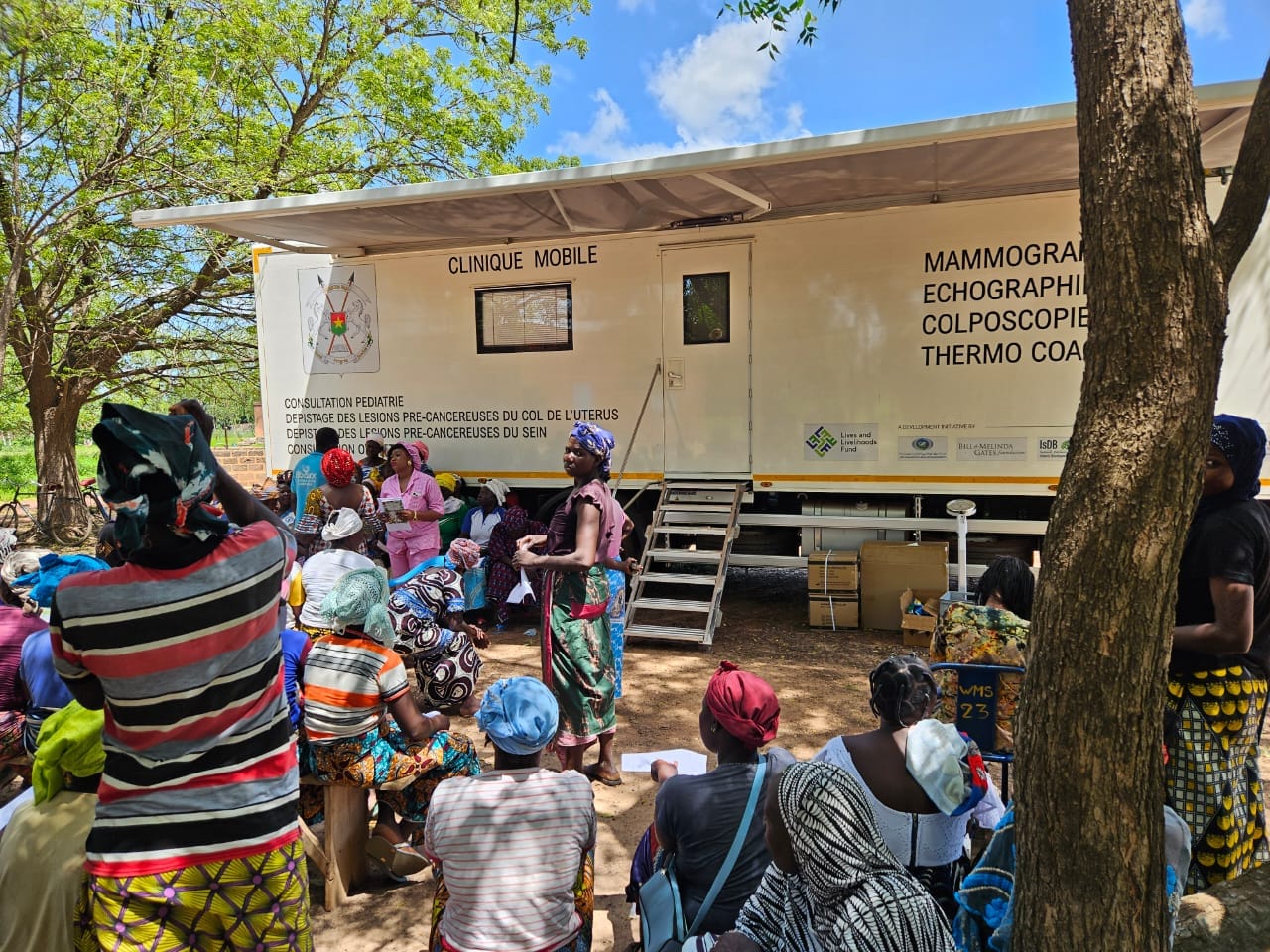NAIROBI, Kenya, March 23, 2020,-/African Media Agency (AMA)/- Biodiversity loss, through land degradation and drought, is a serious threat to the sustainable development activities across the continent of Africa. This is often exacerbated by the lack of knowledge and skills on sustainable land management practices and forest biodiversity conservation. Low levels of awareness and sensitization of the advantages of land restoration among some, combined with poor regulation of resources, and lack of consideration for the interests of local communities, often leads to poor public support and participation towards conservation of natural resources.
It is against this backdrop that the United Nations Environment Programme (UNEP), in collaboration with and with financial support from the Korea Forest Service, developed an initiative to help developing countries to restore degraded lands to combat desertification, promote sustainable biodiversity conservation and improve the livelihoods of local communities.
UNEP and the Korea Forest Service collaborated with the Government of Burkina Faso to implement a project to help the country to restore its degraded lands, combat land degradation, and mitigate climate change. This initiative would further help the country to combat the huge and unprecedented rates at which land degradation, desertification and biodiversity depletion (including non-timber tree species), from negatively affecting the environment. This was done at a consultation workshop held in Ouagadougou, Burkina Faso.
At the meeting, Rasmane Ouedraogo, the Director of Cabinet of the Ministry in charge of the environment in the country, pointed out that land degradation and desertification has reduced the provision of ecosystem services, causing significant social and economic costs to the country. He reiterated that restoring degraded lands, including reforestation of degraded lands using non-timber forest species, is a common and effective option that could offer multiple benefits to the local communities and to the economy of the country. The proposed project will help the country to achieve the national voluntary land degradation neutrality target, in accordance with the United Nations Convention to Combat Desertification.
UNEP provided technical expertise on various ecosystem approaches, including the most suitable choice of tree species that would be sustainable in the area. Sustainable best practices from similar projects implemented in other African countries such as Ghana and Benin were also shared with the participants to help inspire them as well as show the expected impact of the initiative in the long run.
National experts on land restoration also shared their expertise on the nature of land degradation and biological diversity loss in Burkina Faso, and what the government and involved institutions could do to restore the degraded areas.
UNEP emphasized the development and implementation of land restoration and biodiversity conservation practices for improved livelihoods, which would eventually promote non-timber-forest-products enterprises as alternative sources of income for local communities.
Distributed by African Media Agency (AMA) on behalf of the UN Environment Programme.
For more information, please contact Emmanuel.Adonsou[at]un.org I Harpreet.Paneesar[at]un.org.



